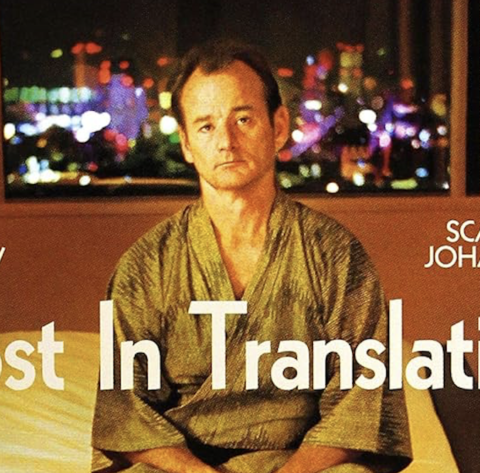Revamp; Asian American Literature: Poetry and Prose from the East
By Jo Phillips
With the immigrating question topping political debates throughout the west, it would be easy to read works of Asian American literature solely through this gaze. True, it’s often important and intrinsically tied. But, to categorise the works in such a way is to do them a disfavour, to box and cage them, to misunderstand the web of experiences they’re entangled in. The category of Asian American literature developed in the 1970s and now illustrates one of the most exciting areas of writing. To attempt a coherent and accurate definition would likely be a discourtesy and only serve to heighten misunderstanding. Either way, memories of discrimination, war, violence, love, corruption and death seem to emanate insatiably through these works – the residual energy of another place and time guiding the pen.
We’ve chosen two pieces of writing that we’re reading this month – books that refresh the air and illustrate another perspective.
Ocean Vuong – Night Sky With Exit Wounds
 Ocean Vuong (c) Peter Bienkowski
Ocean Vuong (c) Peter Bienkowski
Night Sky With Exit Wounds (published by Johnathan Cape) is one of the most extraordinary first collections of poems in recent memory. In one poem Vuong manages to juxtapose chaotic scenes from the fall of Saigon, Vietnam, with lyrics from Irving Berlin’s ‘White Christmas’ – the song broadcast on armed forces radio to signal that the final evacuation was underway. The poems sear through the heart, Vuong finding the words and feelings to capture moments with complete clarity. The poems are readable, engaging and always emotive. On each page he manages to elicit another memory or thought to arouse complete sympathy and candour. This same candour makes the collection perfect for anyone looking to delve into poetry for the same time. It has been lauded by amateur first time readers and critics alike.
Vuong was born in Saigon in 1988 and then emigrated to the USA as a refugee two years later. His family were illiterate, and Vuong himself didn’t learn to write until he was 11. When he was a boy his mother and grandmother taught him their field songs and aphorisms, instilling a love of thoughtful wording.
What follows is an extract from the start of ‘Aubade With Burning City’.
The Vegetarian – the Man Booker International Prize winner of 2016 – is a work discovered by Deborah Smith and published by Portobello Books. Originally penned in Korean (Kang’s native language) the novel tells the story of survival in a world that demands conformity. It’s a work of fragments, being comprised of 3 separate parts, each narrated by a different character, but all tied together by the actions of a central female. The premise of the story is unassuming – a wife breaks with societal norms by becoming a vegetarian, challenging routine and everyday life.
“Before my wife turned vegetarian, I’d always thought of her as completely unremarkable in every way.”
– The opening line of the book.
What follows is desire and longing, dream sequences and sex, artistry and catatonia.
When Han Kang was 9 she and her family left the South Korean city of Gwangju, but only a couple of months before what she calls ‘the terrible thing’ – the brutal crushing of student-led protests by the army. The Vegetarian is her first book to be published in English.




